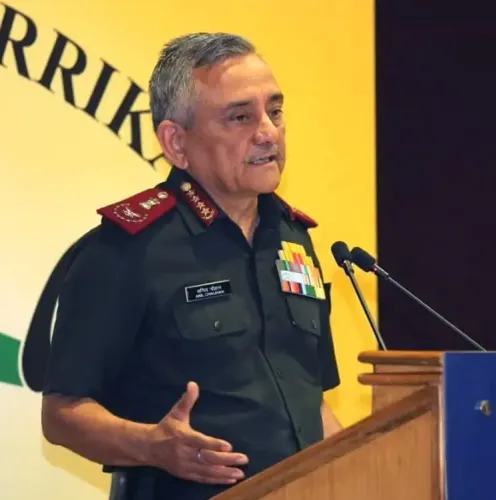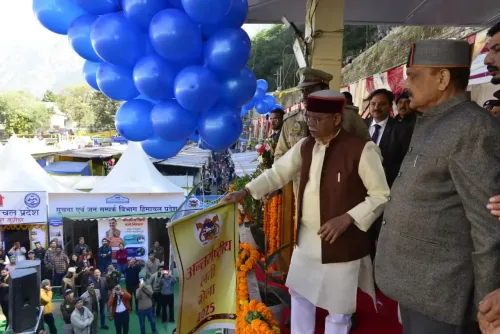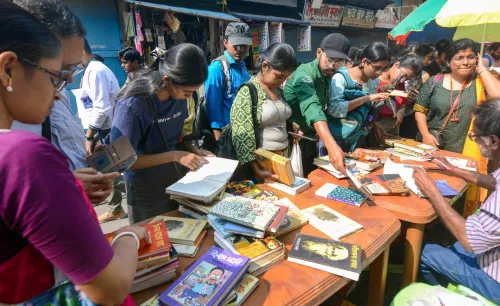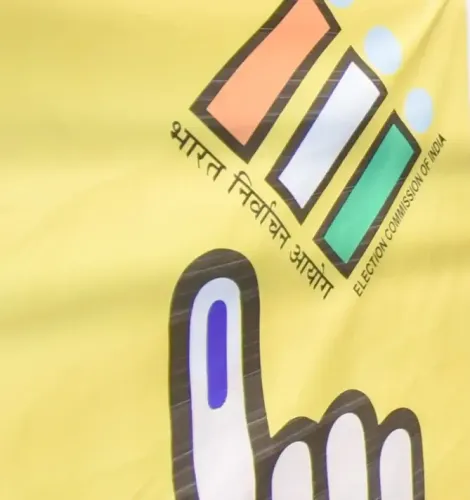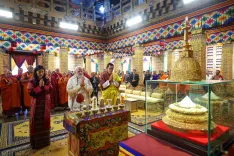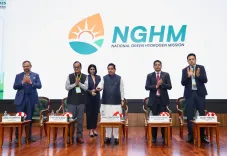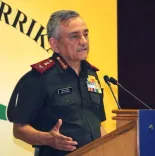Did CJI Gavai Just Swear in Three New SC Judges?
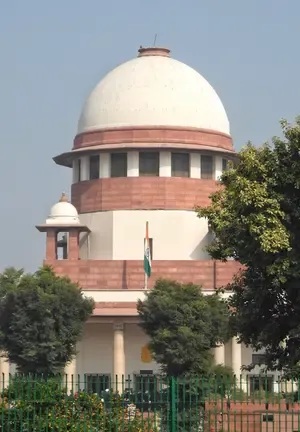
Synopsis
Key Takeaways
- CJI B.R. Gavai officiates the oath for three new judges.
- The appointments were swiftly approved by the Centre.
- Judges N.V. Anjaria, Vijay Bishnoi, and Atul S. Chandurkar join the Supreme Court.
- The Supreme Court has a total strength of 34 judges.
- The Collegium plays a key role in judicial appointments.
New Delhi, May 30 (NationPress) Chief Justice of India (CJI) B.R. Gavai officiated the oath-taking ceremony for three new judges of the Supreme Court on Friday.
Justices N.V. Anjaria, Vijay Bishnoi, and Atul S. Chandurkar officially became apex court judges following the Centre's approval of their appointments the previous day.
The Supreme Court Collegium, led by CJI Gavai, had submitted its recommendations to the Centre on Monday. A statement released on the apex court's website confirmed: “During the meeting of the Supreme Court Collegium on 26th May 2025, the following Chief Justices/Judges of High Courts were recommended for elevation to the Supreme Court: (i) Mr. Justice N.V. Anjaria, Chief Justice, High Court of Karnataka, (PHC: High Court of Gujarat) (ii) Mr. Justice Vijay Bishnoi, Chief Justice, Gauhati High Court, (PHC: Rajasthan High Court) (iii) Mr. Justice A.S. Chandurkar, Judge, High Court of Bombay.”
In a prompt action following the SC Collegium's recommendations, Union Minister of State (I/C) for Law & Justice Arjun Ram Meghwal announced on social media platform X that the President, after consulting with the CJI, was happy to appoint Justices N.V. Anjaria, Vijay Bishnoi, and Atul S. Chandurkar as judges of the apex court.
Justice Anjaria was appointed as an Additional Judge of the Gujarat High Court in November 2011, achieving confirmation as a permanent Judge in September 2023. He was sworn in as Chief Justice of the Karnataka High Court on February 25 last year.
Justice Bishnoi, currently the Chief Justice of the Gauhati High Court, began his career as an Additional Judge of the Rajasthan High Court in January 2013 and became a permanent Judge in January 2015.
Justice Atul S. Chandurkar was appointed as an Additional Judge of the Bombay High Court in June 2013.
According to the existing Memorandum of Procedure (MoP), the CJI and the four senior-most SC judges, collectively known as the Collegium, make recommendations to the Centre to fill vacancies in the Supreme Court.
The Supreme Court is allowed to have a total of 34 judges, including the CJI.

